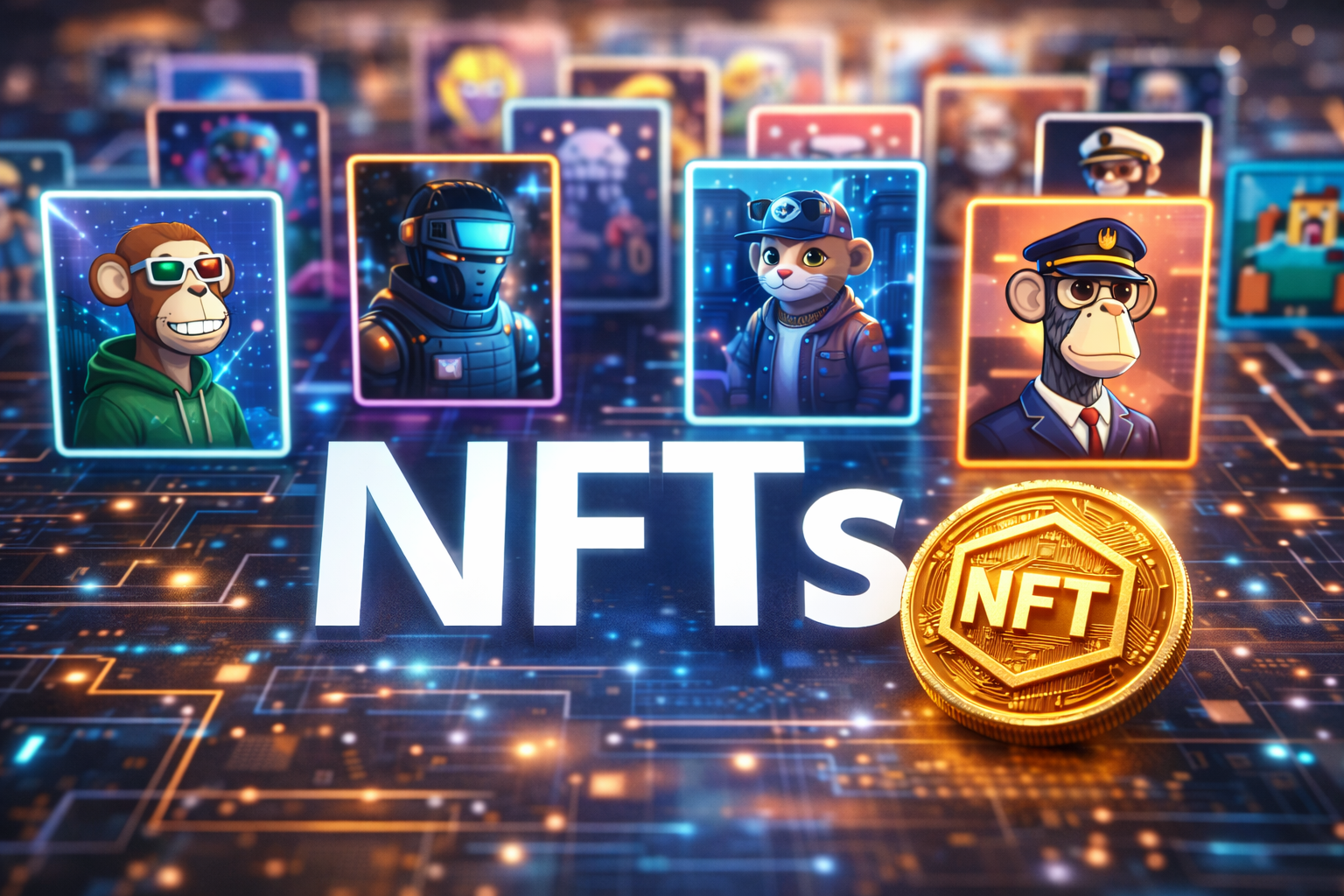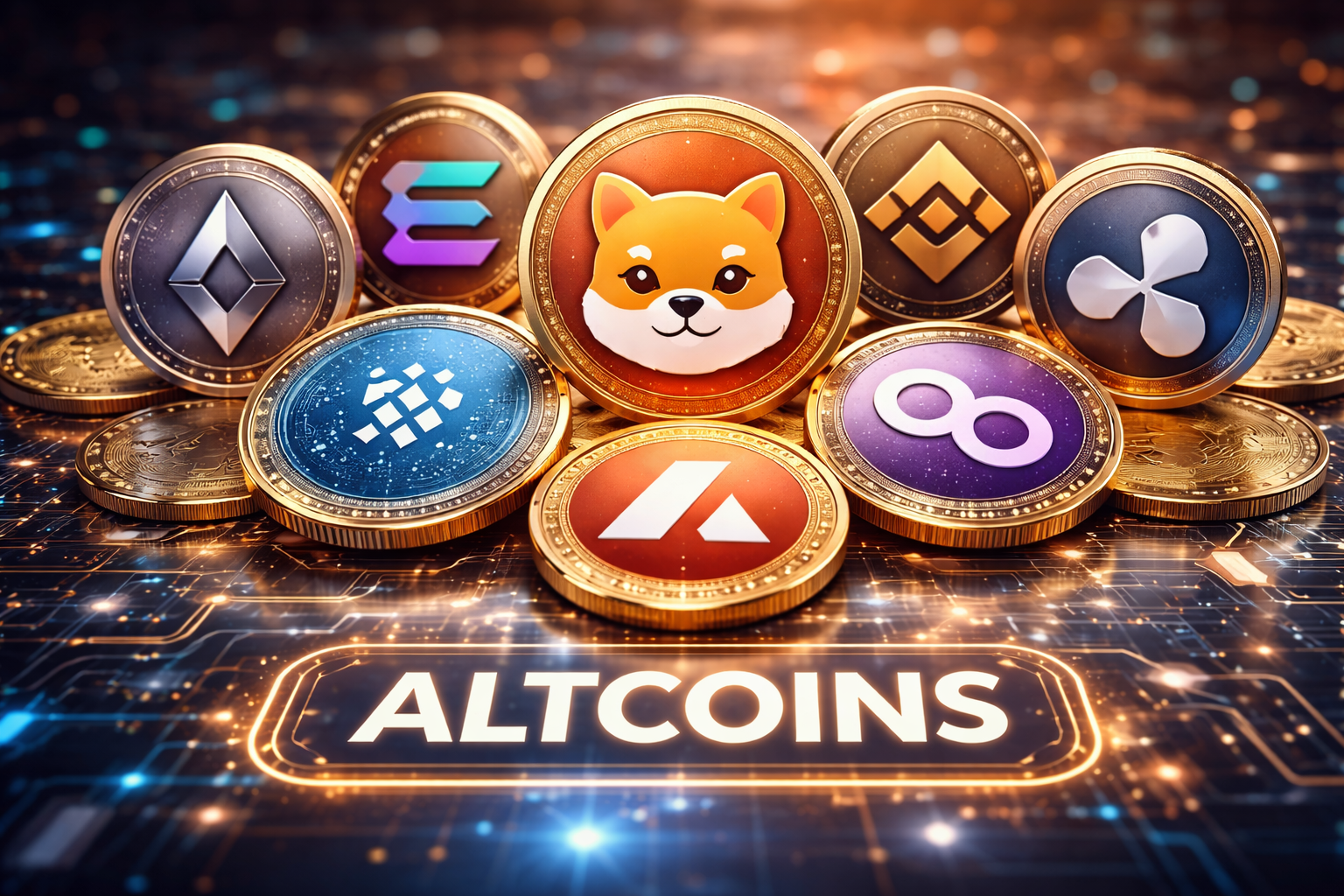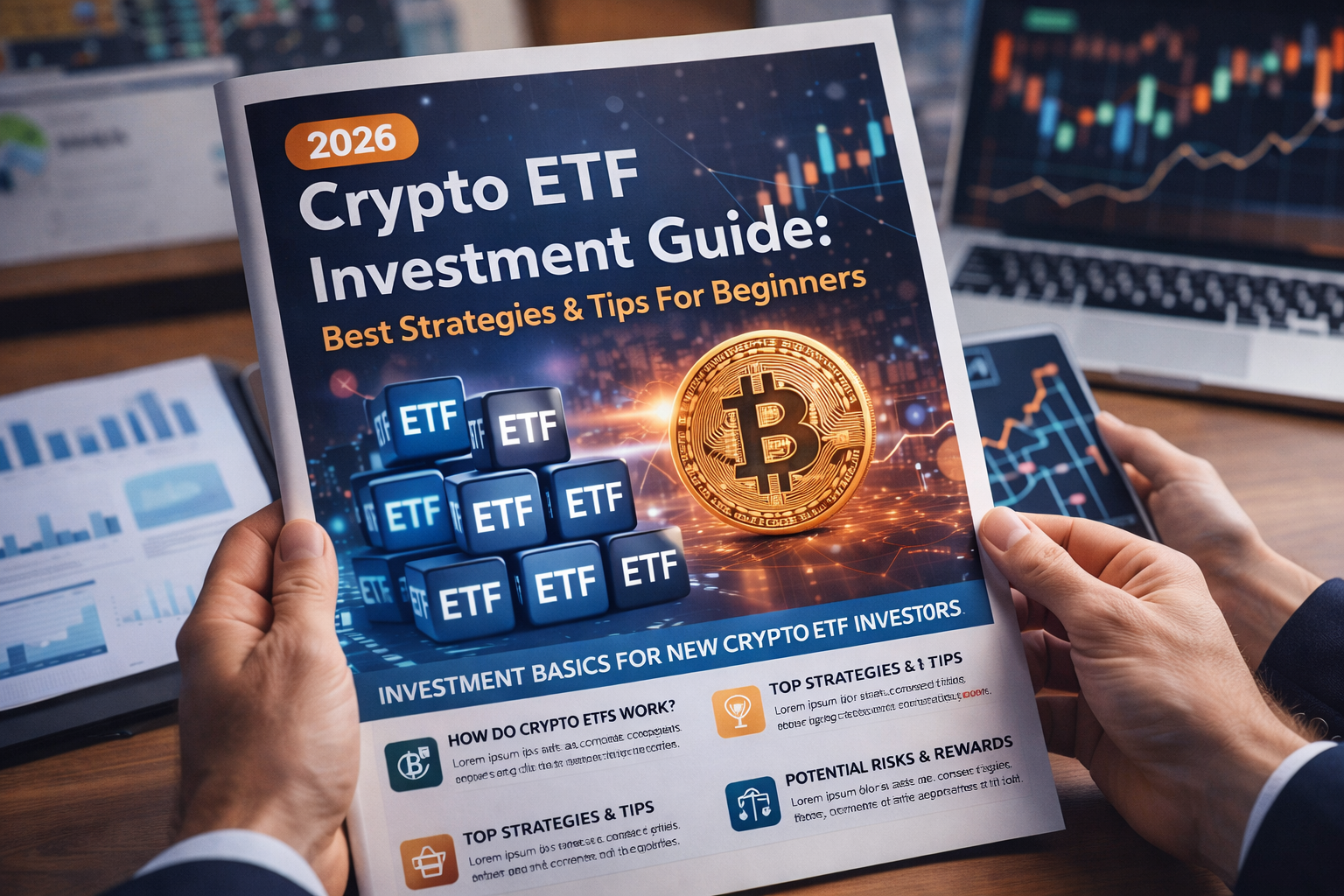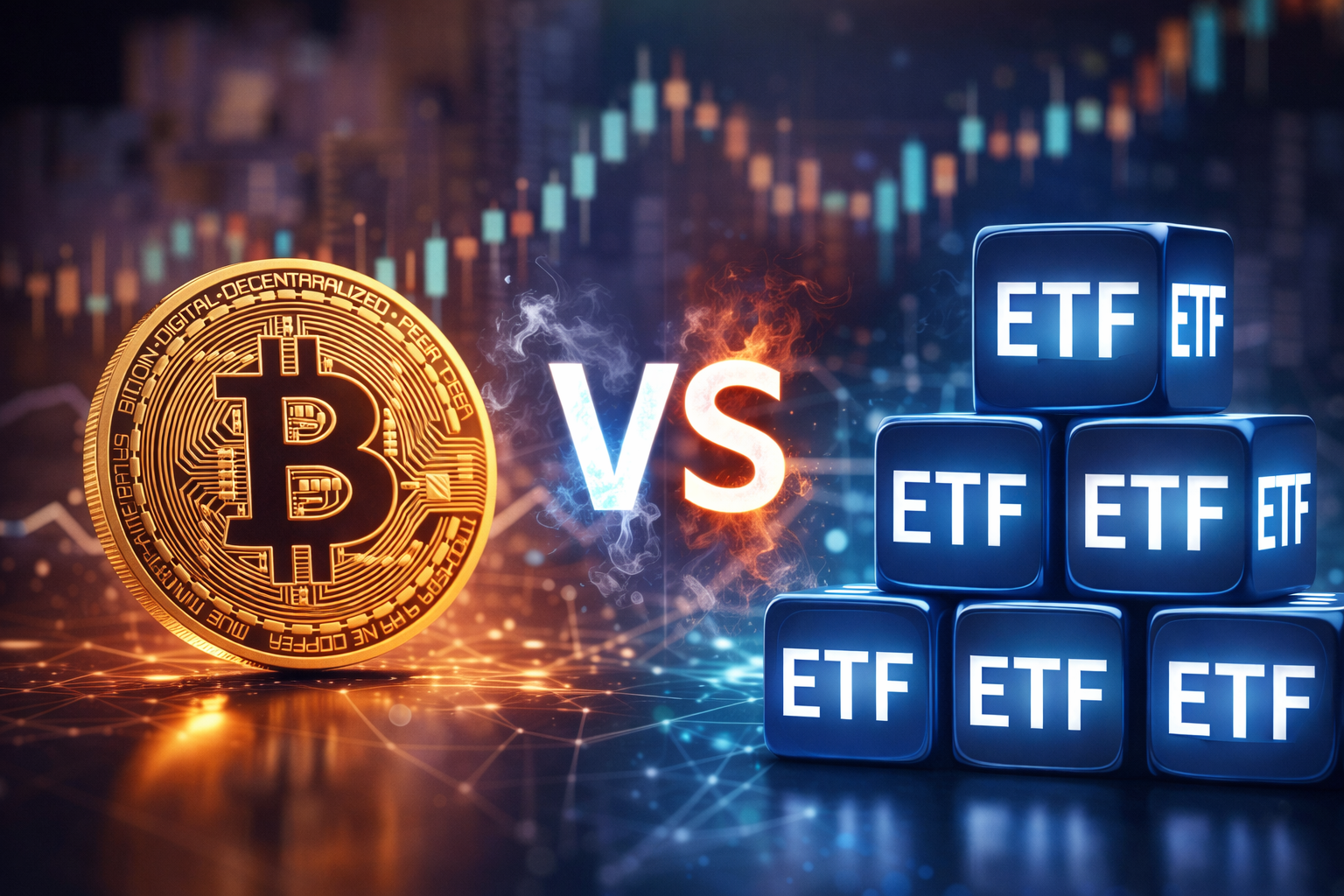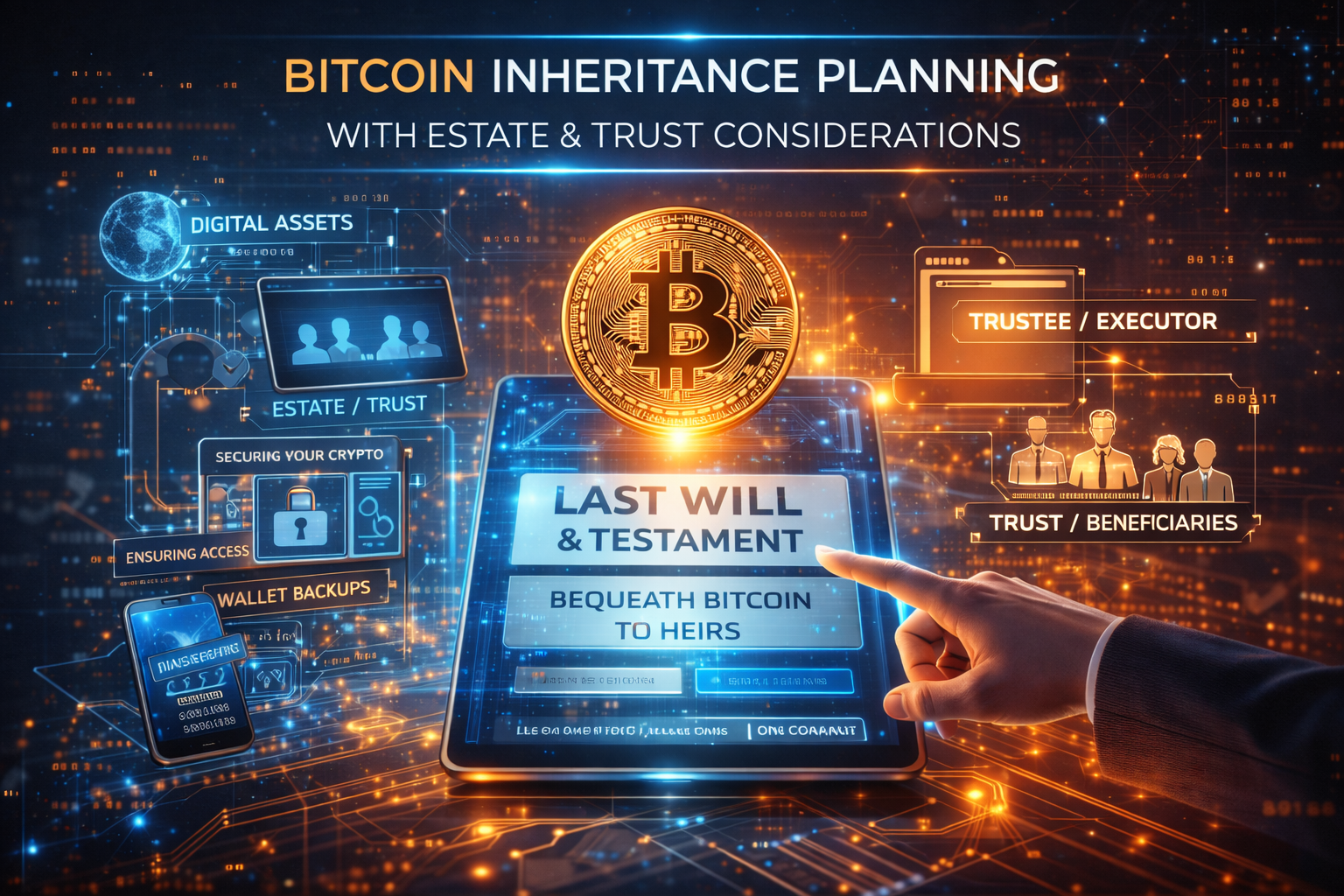
Coinposters
Celo (CELO): What You Should Know
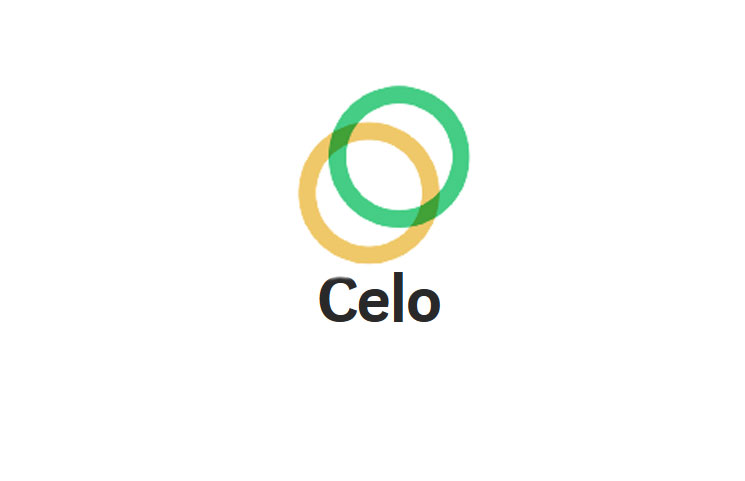
Celo is a mobile-focused platform that acts as a global payment infrastructure for cryptocurrencies.
Celo’s mission is to make financial activity available to everybody, wherever in the world, by allowing payments to be transmitted to and from any phone number on the planet.
Celo can support the creation of decentralized applications on its blockchain in addition to basic payments. These dapps thus far include one that allows anybody to contribute to a community’s universal basic income plan, as well as a social cause crowdfunding site.
What is Celo?
Celo (CELO) is a smartphone-based DeFi ecosystem that aims to increase bitcoin usage in novel ways. A proprietary payments infrastructure, stablecoins, a custom-built blockchain, and sophisticated programmability are all part of the platform. Celo was created in this fashion to facilitate the production of next-generation dapps and to simplify global payments for billions of people.
CELO is the network’s primary utility and governance token. To interact with the network’s sophisticated features, users must have this token. It’s also crucial to the platform’s community governance systems. The more CELO you have, the greater the weight of your votes. The token, in particular, has a fixed quantity of 1,000,000,000 tokens.
History
Celo was created by a group of people from a variety of well-known institutions around the world, including the World Bank, Google, Harvard University, Visa, MIT, the US Department of Justice, and Cambridge University, to mention a few. There are numerous organizations dedicated to the preservation and promotion of Celo.
Along with the platform’s mainnet launch, the Celo Foundation, a US-based non-profit organization that aids in the development and growth of the open-source platform, was also announced. The foundation also adheres to particular Celo community principles and contributes to environmental health, technical research, education, community participation, and ecosystem reach.
Furthermore, Celo was formed by Rene Reinsberg and Marek Olszewski in the 2017 model year, approximately four years ago. Both of them worked for GoDaddy, a company that specializes in online hosting.
Celo raised almost $46.5 million in just two years, from 2018 to 2020, by selling nearly a hundred and twenty million CELO tokens in both public and private sales. While the Celo client is thought to have emerged from the Ethereum Go language client go-Ethereum, the Celo blockchain is nothing like the Ethereum network, and the two are completely unrelated.
The platform’s virtual money, CELO, is akin to Ethereum’s currency, Ether. If you’re wondering if Celo works with the Ethereum blockchain, the answer is yes. Let me point out that Celo is not built on the Ethereum network and is a stand-alone chain.
How it Works
Celo is a decentralized social payment system that uses a multi-asset encryption framework. The network is an Ethereum hard fork that makes various changes to provide for greater scalability and mobile support. The entire network is ERC-20 compliant, which is noteworthy. With this title, you receive access to the Ethereum ecosystem, which includes wallets, DeFi applications, and DEXs.
The platform is unusual in that it combines a bespoke Address-based encryption technique with stablecoins to produce a monetary ecosystem that is well-suited for use in a social setting. Users are not required to learn new language or functionalities in order to use the platform. It works similarly to Venmo and CashApp, two prominent mobile money transfer platforms. Users can give money to the other party via their phone number, email address, or a variety of additional methods.
The network uses Address Based Encryption to perform this purpose. This protocol is a replacement for today’s identity-based systems. Rather than just providing everyone with a public key, the network requires users to first establish and store their own public-private key pair. They then directly register their private key with the network. This system, for example, allows you to integrate your email, cell phone, and other devices. Anyone can then use Celo to send you payments in a peer-to-peer method at a fraction of the cost of transferring fiat currency.
What Makes it Unique
When members join the network, they enjoy a variety of advantages. The platform’s open and decentralized design eliminates intermediaries. The decentralized economy is open to everyone. When you consider that a substantial percentage of the world’s unbanked live in developed countries like the United States, this plan makes perfect sense. According to the Federal Deposit Insurance Corporation’s most recent National Survey of Unbanked and Underbanked Households, slightly more than 6% of all U.S. households (14.1 million American adults) are unbanked.
Celo’s mobile scalability is another significant advantage. The platform employs a one-of-a-kind framework that combines a very efficient light client with full node incentives. The network will be able to scale up to 6 billion cellphones thanks to this technology. In the bitcoin markets, scalability has long been a problem. Early cryptos, such as Bitcoin and Ethereum, struggled to keep up with customer demand. Celo was created with the goal of supporting the whole mobile phone market.
Celo developers benefit from full EVM compatibility. Because Ethereum is the world’s largest Dapp ecosystem at the moment, this technique simplifies network adoption. Without having to recode their applications, these developers may give Celo consumers access to their Dapps.
Celo’s programmability incorporates a great level of flexibility. Developers can incorporate network elements into their dApps without learning new coding, and the network facilitates the production of multi-reserve assets.
Bottomline
If you plan on owning CELO for a long time, I believe it is the best option for you. However, it is critical that you understand the risks associated with investing in Celo and that you only do so if you are willing to accept them and bear any losses that may occur. Never put more money into something than you can afford to lose. It is critical that you conduct your own research before investing, rather than relying solely on the hype generated by the internet.
Latest
Altcoins
06 Feb 2026
Altcoins
05 Feb 2026
Altcoins
03 Feb 2026
Altcoins
20 Jun 2024
Altcoins
09 May 2024
Altcoins
19 Apr 2024






